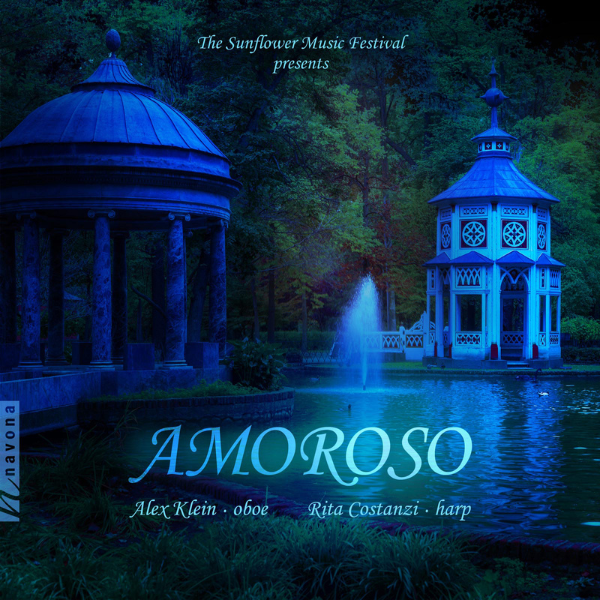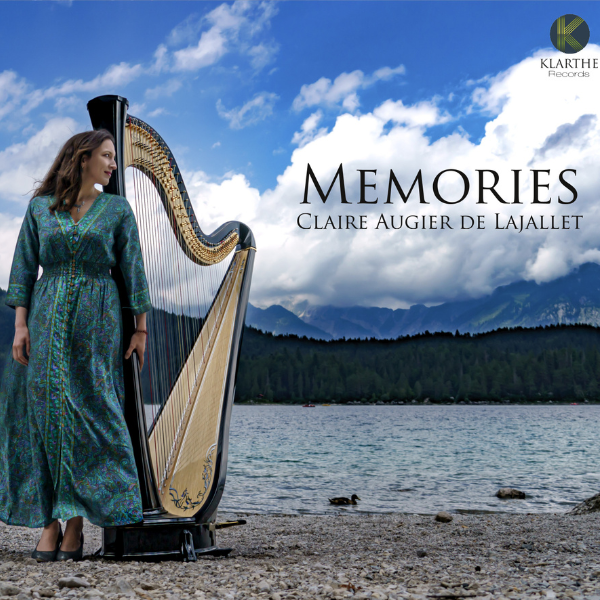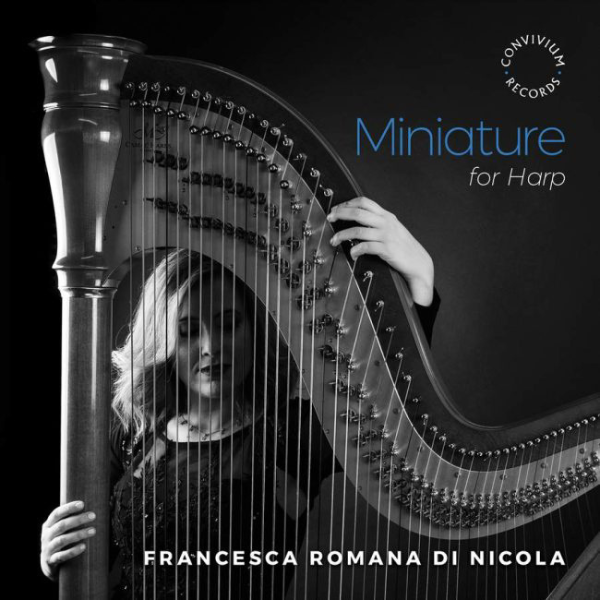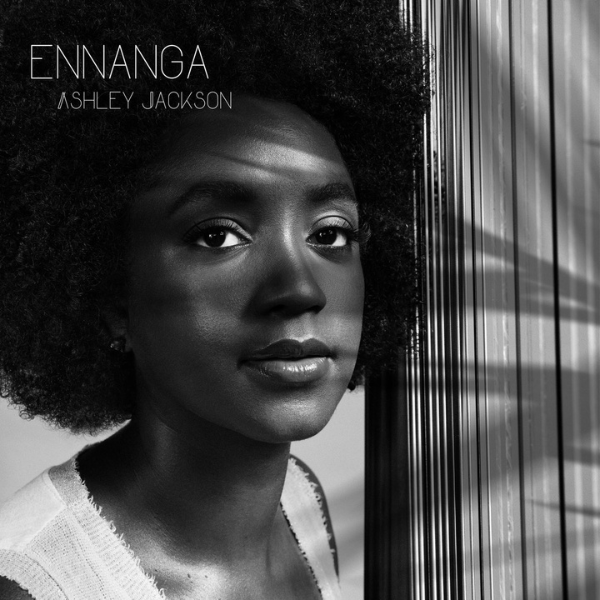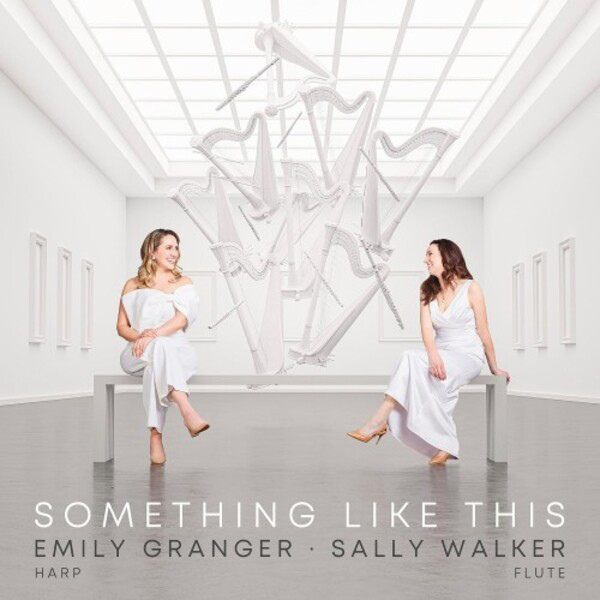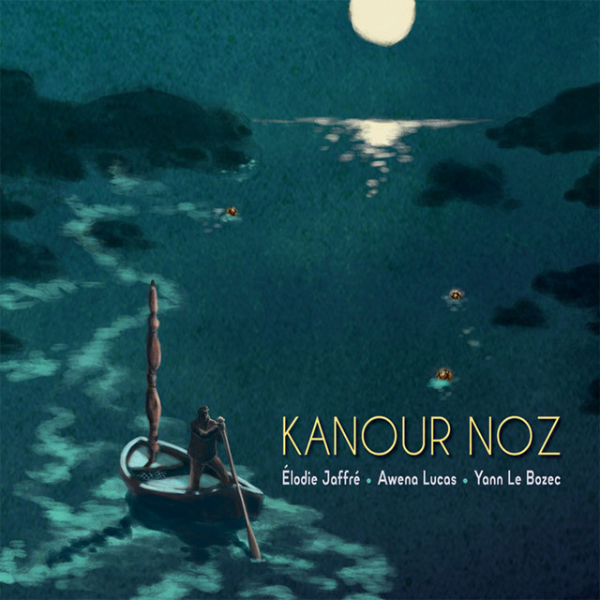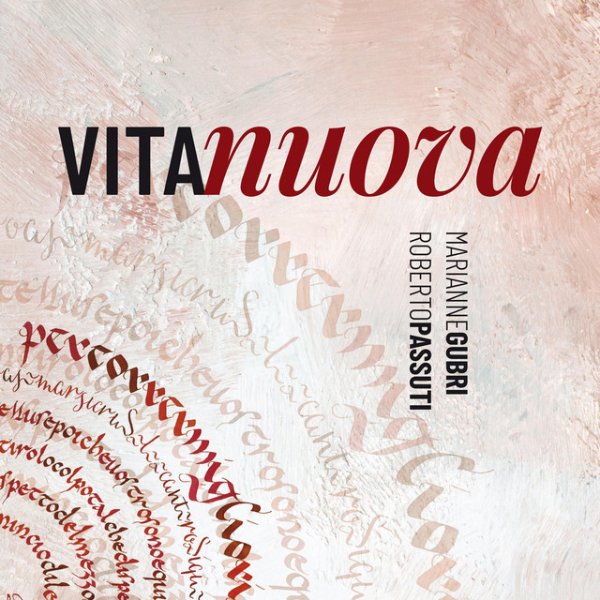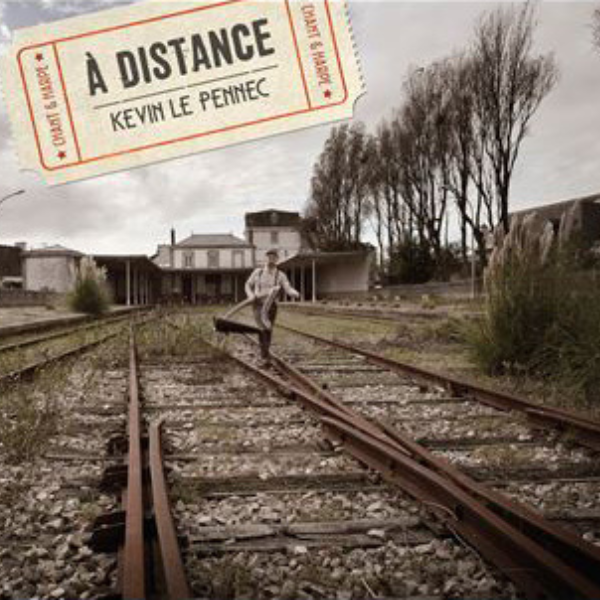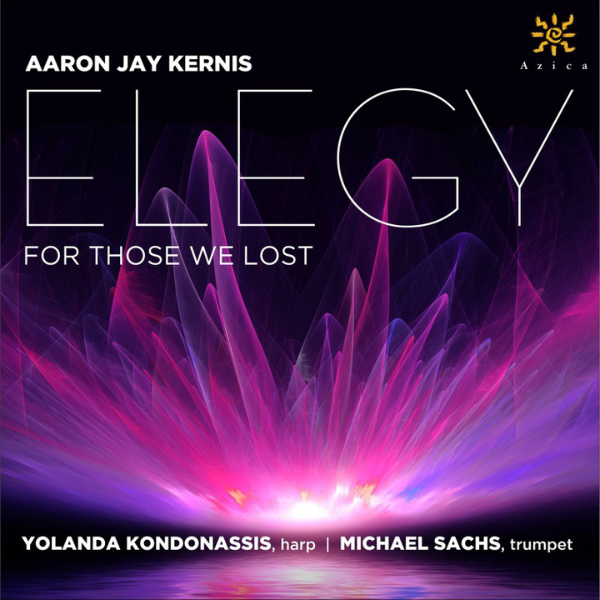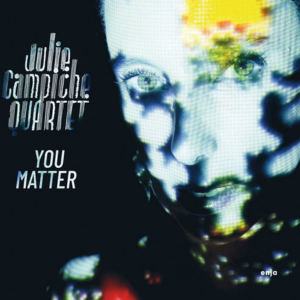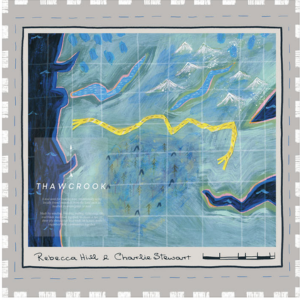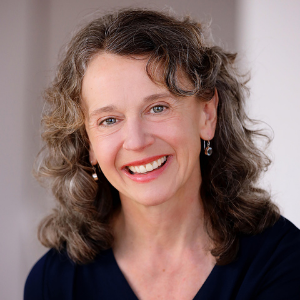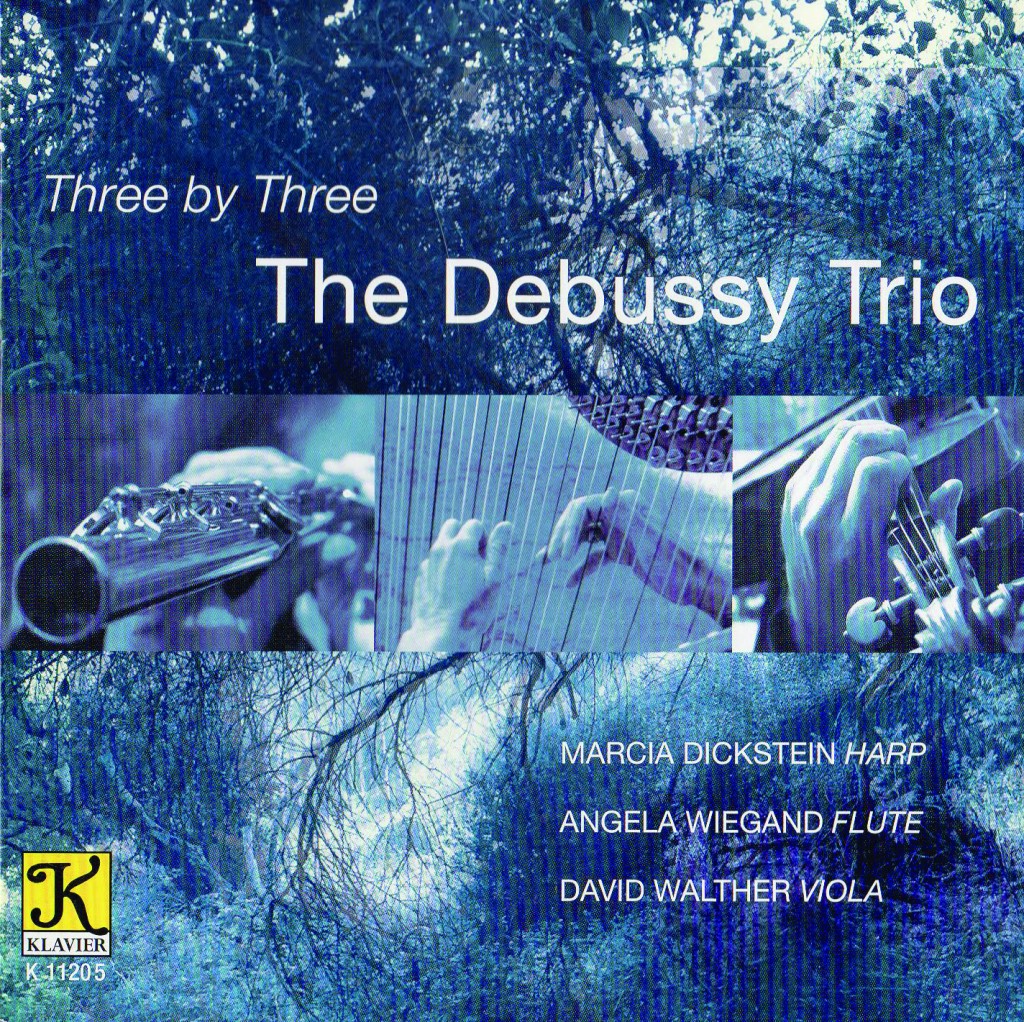
8/10
The Debussy Trio: Marcia Dickstein, harp; Angela Wiegand, flute; and David Walther, viola. Klavier, 2015.
I am always keen to hear the music of today and especially to discover pieces that contain the imagination, interest, and staying power to join the standard repertoire. The world premieres presented by the Debussy Trio on its new album are successful on all counts.
The driving force behind the trio is a former classmate of mine from USC, Marcia Dickstein, who, along with her colleagues, has commissioned 140 new works for the trio combination Debussy found ideal for his uses. Most of the commissions are published by the trio’s own company Fat Rock Ink. So this CD not only provides an enjoyable listening experience, but also an opportunity for score perusal as you plan your next recital.
It all begins with atmosphere and a winsome tone. Minnesota composer David Evan Thomas was commissioned anonymously for a work “to honor gentle Kate.” Mr. Thomas tells of a time he was “off the clock” hiking into a narrow flume of polished blue stone carved by a creek feeding the Grand Canyon. His memory of time spent in this magical place is a time of creative play, sometimes meditative, sometimes carefree. We touch the sides of this magical place, lonely in the dappled light and giddy with discovery. Flutist Angela Wiegand’s warm and smoky sounds blend well with the deep-throated sound of David Walther’s viola. Dickstein provides a gentle rocking framework on the harp, though there were moments of deep stress as the flute reached—not always achieving—the highest registers.
The Debussy Trio found a perfect match for their sensibilities with composer Don Davis, commissioned for an original work in 1996. Known for his score to The Matrix, Davis’ “No Exit” begins with a repeated motive that blossoms and contracts allowing the ensemble to explore the possibilities of dynamic range, their myriad articulations, and shifting luminosity. The score is evocative and vivid, at one moment melancholy, then driving and relentless. The ensemble was not always able to hold things together tightly, but the energy was palpable nonetheless.
Award-winning film and television composer Bruce Broughton—who was just narrowly edged out for an Oscar by Out of Africa the year he created music for Silverado—uses a pulsating and mesmerizing minimalist technique to open his “There is Always Something to Do.” But the flight of fancy of the opening movement moves swiftly to a more deeply expressive profundity, worthy of the Debussy Trio’s range. The final Eastern-tinged dance is played with zest and fire by the trio.
While the trio does not always perform with crisp polish, the music is thrilling, and its dedication to introducing new works to our ears receives my highest praise.





